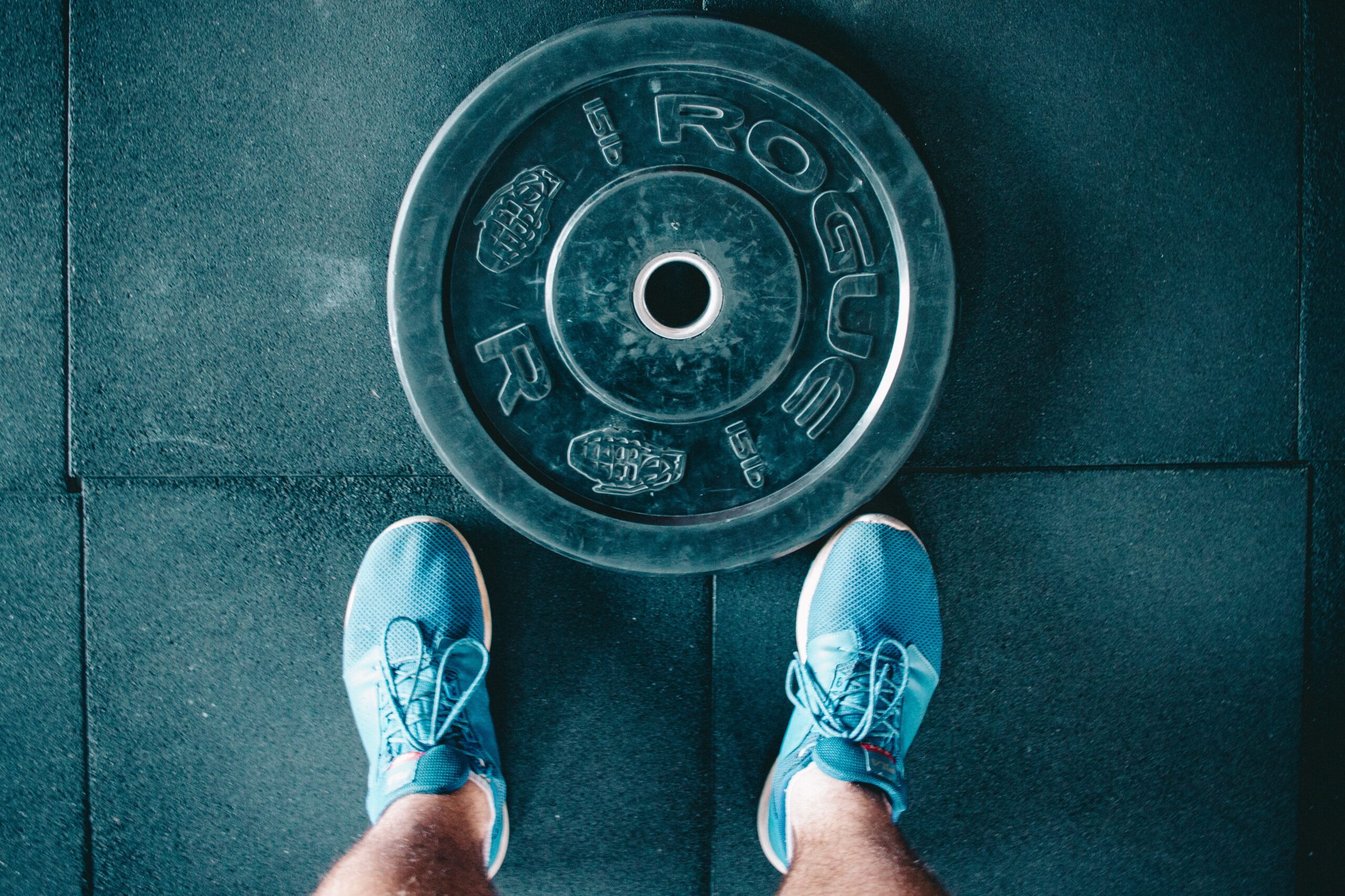 Top Benefits of Resistance Training
Top Benefits of Resistance Training
by Mitch Davis
For some, this seems like a silly question. For others, probably a legitimate question. And yet, for many, this seems to be a question that elicits much debate. I’ve been coaching for well over a decade by this point, in many different capacities, and I believe that my opinion on the top benefits of resistance training warrant some type of legitimacy. Maybe that’s biased of me?
Well, the answer is this: Who cares! Well, I guess you care if you’re reading this. So, I’ll reword my answer. The benefits are far and wide, affecting you both physically and mentally. Those of you with a religious or spiritual side, the effects of resistance training help in that regard as well, believe it or not. So, I think we need not ask what the top benefits of resistance training are, and we must start asking ourselves why on earth we haven’t started resistance training by this point!
First, I believe we should understand a couple of boring statistics. As little as 6% of Americans are getting the required amount of both strength training (resistance training) and cardiovascular training. I don’t know about you, but if a whopping 94% of Americans aren’t meeting their health needs, maybe we should be less concerned with “perfect” or “ideal” and more concerned with getting people moving! If you’re someone who has been neglecting resistance training for whatever reason you had created in your head, I hope this is a not-so-gentle nudge for you to reconsider your stance on the matter. This also applies to those of you who haven’t done a shred of conditioning lately!
Let’s start big picture first. Resistance training is a part of the holistic approach of being stinkin’ healthy. You want to eat right, sleep lots, manage your stress, get enough cardiovascular training in to protect your heart, and lift heavy weights to protect bones, muscles, joints, and ligaments. Pretty straightforward, isn’t it? But we can break this down a little further, as I am sure there is someone out there saying “this list isn’t good enough”. We’ll break down the benefits into three categories: Physical, mental, and social. According to many health experts, health is the well-being of an individual in regard to their physical self (are you strong and fit), mental health (are you managing your stress), and socially well-off (what and/or who are your connections in life).
Physical benefits of resistance training include increased muscle mass, stronger bones, improved range of motion, an increased chance of protection from injury, an increased chance of fighting off illness and disease, quickly returning to health after illness or an injury, and the top of most of our lists, you’ll look better naked.
Mental benefits of resistance training include better “management” of our stress hormones, increased alertness, and a better defense mechanism against stress. When dosed appropriately, your resistance training (which is a stressor), can help you be better prepared to handle other life-stressors. If we want to get really nerdy, there is tons of evidence correlating fitness with other cognitive benefits, including helping with aging and diagnoses associated with aging, helps manage depression and anxiety, and the list goes on and on.
Finally, let’s look at the social component. Gyms typically foster a great sense of community. Individuals who feel a part of a “tribe” or group express deeper feelings of gratitude. Additionally, those individuals with a deeper sense of social well-being report higher levels of physical and mental well-being. That is, all of these factors are related, you really can’t improve one without improving the other two.
That was your quick and easy guide to why you should stop putting off lookin’ really good naked, improve your mental health, and finally make a friend for once in your life! Er, I mean, the top benefits of resistance training!
Check our Tips and Tricks for more information on our YouTube channel!
Mitchell Davis is the Director of Remote Coaching at Power Train Sports & Fitness. He is a PhD candidate at Liberty University where he is pursuing his doctorate in Health & Exercise Science. He has been a coach and educator for 13 years, serving in roles such as collegiate strength and conditioning coach, high school strength and conditioning coach, adjunct professor, personal trainer, and fitness consultant.
Leave us a comment below! Let us know your thoughts on this article and leave any questions you’d like answered in a future blog!

 Top Benefits of Resistance Training
Top Benefits of Resistance Training